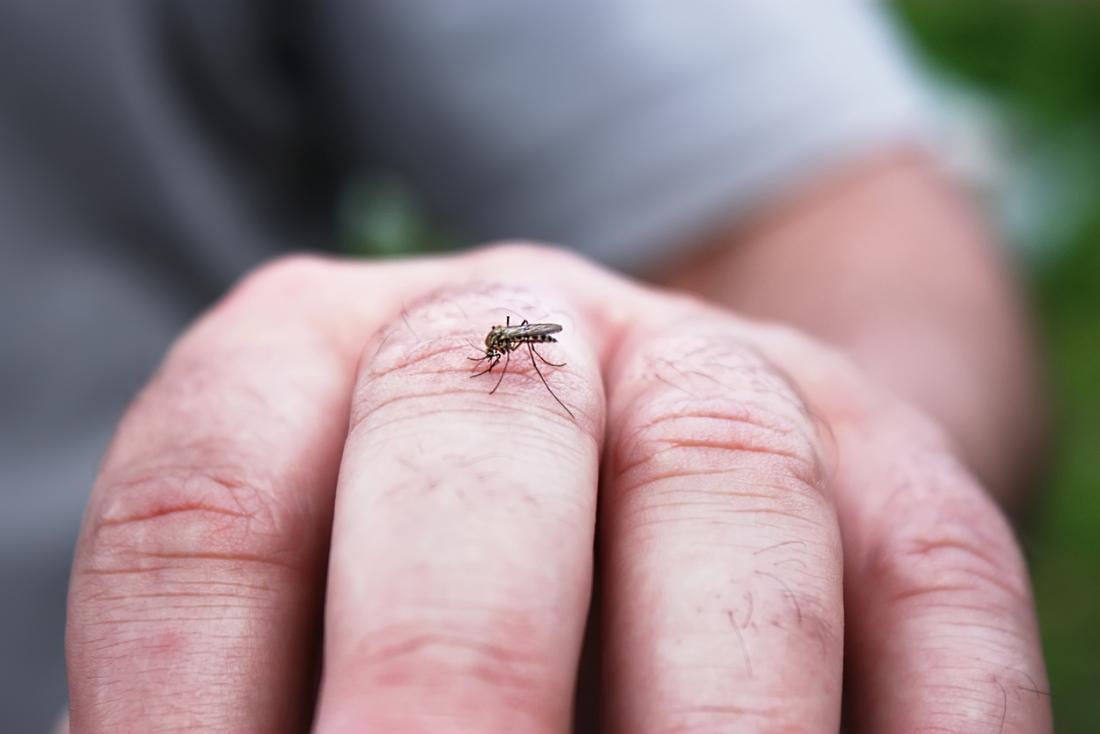Dengue fever is currently one of the most common diseases caused by mosquito bites. According to the World Health Organization (WHO), the number of cases had already reached over 5 million in 2019. Within the last 20 years, the figures have risen eightfold.
However, the spread of the cases is disproportionate. Dengue is most prevalent in tropical regions, particularly in low-income nations. In the United States, it is commonly reported in the territories, not in the continental United States.

Note, though, that the CDC has also reported occasional outbreaks. One of the recent ones occurred in Florida in 2020. These outbreaks are small and limited, but because the mosquitoes that can cause it is everywhere in the country, a bigger spread is possible.
For this reason, the CDC and other health authorities strongly suggest effective mosquito control approaches, especially during summer when these vectors tend to reach their peak in reproduction. They also encourage Americans to pay close attention to the signs and symptoms of dengue to ensure prompt medical intervention.
What Is Dengue Fever?
Dengue fever is a mosquito-borne disease caused by four dengue serotypes: DEN-1, DEN-2, DEN-3, and DEN-4. All these, however, share over 60 genomes and are under the genus Flavivirus, which also includes viruses that contribute to conditions like Japanese encaphalitis.
Thus, dengue signs and symptoms are similar regardless of the serotype, and they may also mimic those of other mosquito-borne conditions. But since the virus is a serotype, it influences the antibodies of a person. An individual’s immunity can help determine the severity of dengue.
Fortunately, previously infected individuals of specific serotypes will develop antibodies against them. This means that if they have experienced dengue due to the DEN-1 virus, they might not get sick if they are exposed to it again.
In many cases, the dengue signs and symptoms are mild to moderate. However, depending on the immune response and the spread of the virus in the body, it can lead to dengue hemorrhagic fever (DHF).
It is characterized by plasma leakage because the blood vessels have become more permeable due to a rapidly declining platelet count. The patient then becomes susceptible to internal and external bleeding in the different orifices, such as the mouth and nose. They are also prone to easy bruising, pneumonia, and myocarditis (or the inflammation of the myocardium of the heart).
The most severe effect of dengue is dengue shock syndrome (DSS), which has a high mortality rate of up to 30 percent. It usually develops because of secondary infection to another serotype or when DHF turns for the worse. Because of the increased permeability, the patient may eventually develop multiorgan failure.
The CDC revealed that 25 percent of dengue patients could become symptomatic, while 5 percent could develop a severe, life-threatening case.
The Various Stages of Dengue Fever
Because dengue fever is a viral infection, doctors cannot treat it with antibiotics. Often, the intervention is supportive, which means it aims to reduce the effects or eliminate the symptoms. So the sooner the patient gets help, the higher are their chances of surviving the condition.
The dengue symptoms can vary, depending on the stage of the disease:
- Incubation Phase (5-7 days): During this period, the infected person already has the virus but won’t feel any symptoms.
- Febrile Phase: This stage begins as soon as the incubation stage is over. One of the earliest signs of dengue is a high body temperature that keeps on increasing. It may be accompanied by chills, muscle aches or joint pain, and itching. Some patients mayalso develop rashes within three days of the onset of this stage. By this time, the patient can already benefit from an official clinical diagnosis. A healthcare provider may already perform blood tests to confirm dengue.
- Critical Phase: The febrile phase can last for two to seven days, after which the person may feel better. For example, the fever may go down. However, often, doctors recommend further observation as the situation can easily change to critical because of plasma leakage. During this time, the patient needs to look out for hypotension (low blood pressure), abdominal pain, bloody stool, internal and external bleeding, and inflammation of the major organs.
- Convalescent Phase: The critical stage is short (it is often within 24 to 48 hours) but life-threatening. But once the patient overcomes that, there’s a good chance that they enter the last stage, which is convalescent. They are on the way to recovery with platelet counts increasing.
Dengue might not be a common disease in the United States, but surveillance remains important. This also means Americans should not ignore the symptoms because, in some cases, it can become severe.